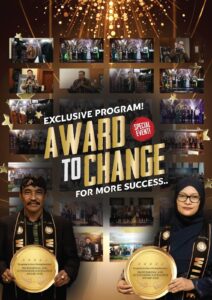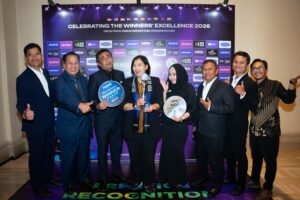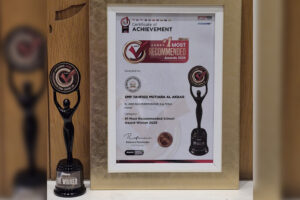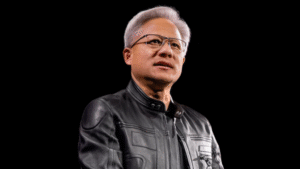Singapore – For serial tech entrepreneur Meng To, relocating from Canada to Singapore was more than a lifestyle shift—it was a strategic decision rooted in financial logic, operational efficiency, and personal well-being.
Now two years into his new life in the city-state and having recently renewed his visa for another three years, To describes Singapore as “a paradise”—a rare balance of low tax burdens, seamless digital infrastructure, and quality-of-life advantages that few global cities can match.
“I just renewed my Singapore visa for 3 years. It’s a paradise here,” he wrote in a viral post on X, sparking widespread attention in global entrepreneurship circles.
A Calculated Tax Migration
To’s move reflects a growing trend among high-income entrepreneurs and remote professionals seeking tax-advantaged jurisdictions. In Canada, To says he paid over $150,000 CAD annually—over 50% of his income—in taxes. In contrast, Singapore’s 5–15% income tax rate, 0% capital gains tax, and 9% Goods and Services Tax (GST) present a dramatically leaner fiscal structure.
“So Singapore has extremely expensive rent, comparable to SF,” To acknowledged, “BUT the money we’re saving in taxes more than makes up for it. The more you make, the more you save. If you invest, you pay no tax on gains.”
This shift echoes a broader trend: as global mobility increases, taxation has become a critical consideration in relocation decisions—not only for ultra-high-net-worth individuals but also for mid-career founders and startup builders.
Digital Governance as a Competitive Edge
To also highlights the nation’s hyper-efficient digital services, especially in taxation and identity verification.
“No paperwork, because taxes are pretty much auto-reporting. Log in, report, pay, done,” he explains. “ID using Singpass is crazy efficient. PayNow QR code scan & pay is frictionless.”
Singapore’s Singpass and PayNow systems are frequently cited in global innovation rankings and are increasingly referenced in public sector digital transformation case studies across Asia, Europe, and North America.
Lifestyle and Services: More Than Just Economic Value
While fiscal efficiency was a major driver, To also emphasizes the high standard of healthcare, education, and everyday life. He contrasts the speed and accessibility of Singapore’s medical system with Canada’s more bureaucratic and slower system—even in private care.
“Medical is so, so good. Drop-in visits typically cost 50–100 SGD and can happen same-day,” he says. “In Quebec, it could take 1–3 days to get a private appointment, and costs were higher.”
Singapore’s education system, English-speaking environment, and tropical weather have further elevated his family’s experience.
“We feel like we’re already retired—living by the water with palm trees and amazing amenities—but we’ve never worked harder or felt more energized,” To noted.
Food, Furnishings, and Cultural Depth
A surprising factor that has made life in Singapore feel luxurious for To is its culinary ecosystem and consumer culture. He praises the ubiquity of Japanese and Korean imports, access to premium produce, and Singapore’s globally renowned hawker scene.
“You can find Wagyu as easily as organic food. Japanese strawberries, Muscat from Korea, insane salmons, teas… Don Don Donki is a wonderland,” he adds.
Even home furnishings impressed him: “I was shocked at the quality for cheaper prices than Ikea.”
Singapore as a Magnet for Global Talent
To’s experience illustrates why Singapore continues to attract entrepreneurs, investors, and remote talent. Its pro-business policies, efficient governance, and strategic global positioning have made it a top-tier destination in Asia for individuals seeking both financial optimization and lifestyle elevation.
In a global economy increasingly defined by mobility and choice, Singapore stands out not only for what it offers today—but for how it anticipates the needs of tomorrow’s workforce.









